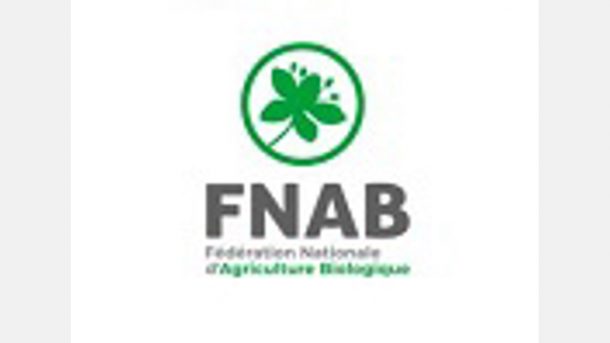In the last line of negotiations on the Common Agricultural Policy, there are a lot of discussions on a key element requested by the European Commission: remunerating labels according to the true benefits for the environment, and therefore better remunerating organic producers. According to recent data published by Contexte, there would be a 10 euro difference [11 USD] per hectare and per year. However, past scientific studies have shown that the value of organic practices was much higher.
Organic productions are worth at least 277 to 627 euros [293 to 662 USD] per hectare and per year
In 2017, several works of quantification of agricultural environmental practices were planned by the French government to prepare the CAP, and to know the value of organic productions within the environmental system. Nothing was done.
However, studies conducted by ITAB in 2016 compiled the existing data on the positive effects of organic farming compared to the conventional agricultural model.
– the benefits linked to the non-use of synthetic chemical pesticides in organic farming are valued at 250 to 567 euros [264 to 599 USD] per hectare and per year (acute and chronic toxicity for human health, biological pest regulation, wildlife mortality).
– the benefits linked to the creation of jobs are valued at 10 to 37 euros [11 to 39 USD] per hectare and per year.
– the benefits linked to the storage of carbon in the soil are valued at up to 23 euros [24 USD] per hectare and per year.
– the benefits linked to lower nitrate pollution are valued at 17 to 23 euros [18 to 24 USD] per hectare and per year.
Why is FNAB asking 145 euros per hectare and per year on the environmental system?
A lot of data is still missing to know exactly how much organic farming helps us save on health expenses, nutrition and biodiversity (…). But it is evident that organic farming, with the constraints it must comply with, is worth more than 10 euros [11 USD].
FNAB considers 145 euros [153 USD] per hectare and per year to be both fair and realistic. It makes it possible to value organic farming without preventing other progressive approaches from accessing environmental aid. “We are confident, we have science and the data on our side. If we have to engage in a legal battle to get the recognition we deserve, so be it,” concludes Philippe Camburet, president of FNAB.
For more information:
FNAB
fnab.org
Publication date: Mon 27 Jun 2022
We require you to complete all the text fields marked with *.
Receive the daily newsletter in your email for free | Click here
Other news in this sector:
<< Back | FreshPlaza.com
© FreshPlaza.com 2022
Sign up for our daily Newsletter and stay up to date with all the latest news!
You are receiving this pop-up because this is the first time you are visiting our site. If you keep getting this message, please enable cookies in your browser.




